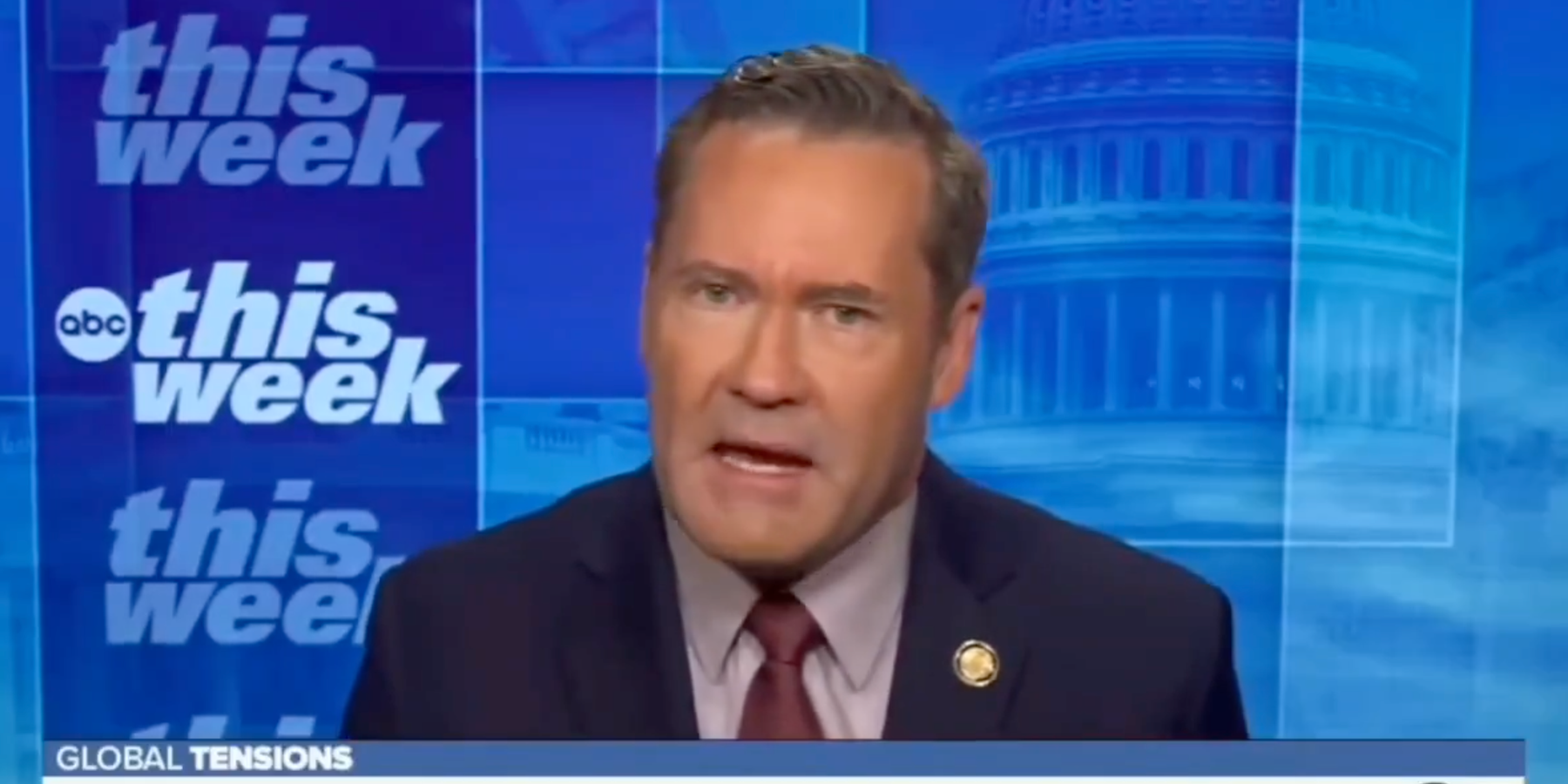Following a reported push from the Biden administration in late 2024, Mike Waltz - President-elect Donald Trump’s NSA pick - is now advocating publicly that Ukraine lower its draft age to 18, “Their draft age right now is 26 years old, not 18 ... They could generate hundreds of thousands of new soldiers," he told ABC This Week on Sunday.
Ukraine needs to "be all in for democracy," said Waltz. However, any push to lower the draft age is unpopular in Ukraine. Al Jazeera interviewed Ukrainians to gauge the popularity of the war, and raised the question of lowering the draft age, which had been suggested by Biden officials in December. A 20-year-old service member named Vladislav said in an interview that lowering the draft age would be a “bad idea.”
“I would choose to be shot to death right here, in Kyiv instead of going to the frontline,” said a 17-year-old Ukrainian named Serhiy in these interviews. Serhiy’s mother shared her son’s opinion, as young people “aren’t developed mentally, they will jump on (enemy) weapons without thinking, without understanding.” Continuing with, “they don’t yet have a feeling of self-preservation, they are just flying into battle. This will be (the) destruction of the Ukrainian people.”
This idea that more young Ukrainians should be fighting may conflict with Trump’s stated goals of ending the war immediately and through negotiations. Or it might be a way to pressure Ukrainian President Volodymyr Zelensky into talks, knowing that he does not have much manpower left to give, even with the lowered draft age.
Despite lowering the draft age from 27 to 25 in 2024, Kyiv had to resort to using patrols to enforce the unpopular measure. Desertion has been a consistent issue in the Ukrainian military, with Kyiv charging at least 100,000 under desertion laws since 2022. Desertions have continued as recently as last week, with dozens of Ukrainian soldiers under training in France being accused of abandoning their posts.
Studies show that Ukraine is facing a severe population crisis if changes aren’t made. The U.N. Population Fund estimated that 10 million, or a quarter of the Ukrainian population, have been lost to death or displacement since 2014, and a separate study claimed that a third of Ukraine’s working population would be lost by 2040. Lowering the compulsive service age to 18 would certainly exacerbate demographic and population crises, especially as Russia seemingly has seen regular successes on the battlefield.
The war in general, is no longer popular with the Ukrainian people either. A recent Gallup Poll found that, for the first time, a majority of Ukrainians preferred a negotiated settlement to continued fighting. Since over 50% of Ukrainians are opposed to this war, it would seem that the “democratic” option would include peace talks as opposed to lowering the draft age, as supported by Waltz.
- Poll: Americans want Ukraine talks, conditions on aid to Israel ›
- Ukraine's 'Busification' — forced conscription — is tip of the iceberg | Responsible Statecraft ›
















